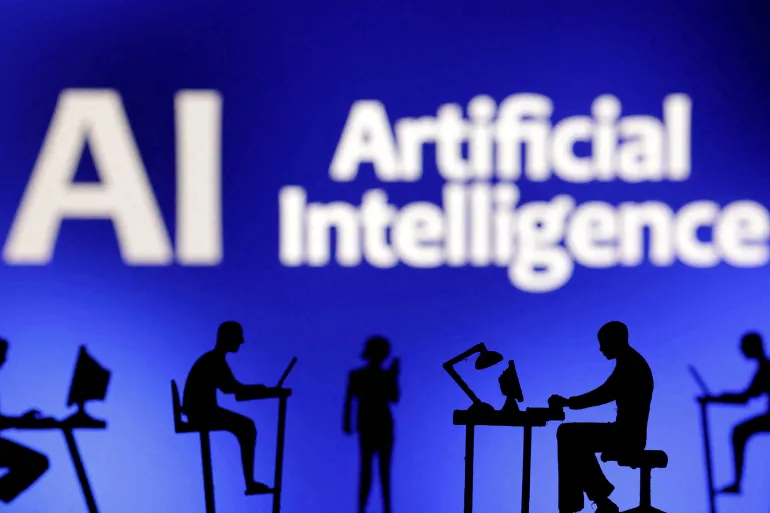[ Ad space - Banner 728x90 ]
AI’s Dominance Reshapes Global Economies, But Exposes Fragile Growth
Artificial Intelligence (AI) has become the backbone of the global digital economy, attracting trillions in investment and driving job growth. Yet, analysts warn this rapid expansion masks a deeper weakness: the erosion of traditional industrial sectors, rising economic concentration among tech giants, and vulnerability to shocks should the AI boom slow.
Published: 10/25/2025, 1:36:09 PM | Updated: 10/25/2025, 1:36:09 PM

new report highlights that Artificial Intelligence is absorbing the majority of capital, energy, and labor resources across major economies, creating a sharp downturn in traditional industries such as manufacturing and construction.
John Engel, CEO of WESCO International, captured the sentiment bluntly: “AI is sucking the oxygen out of the entire economic room. Companies without a stake in this technological race are losing growth opportunities and are being pushed to the sidelines.”
According to Bloomberg Economics, global spending on AI infrastructure is projected to reach $4 trillion by 2030. While this signals extraordinary financial commitment, it also conceals a troubling decline in industrial and productive investment.
The U.S. industrial sector, in particular, shows no signs of recovering from a prolonged slowdown. Consumer confidence has dropped to levels reminiscent of the global financial crisis, while job and wage growth remain largely confined to AI-related roles and the digital infrastructure ecosystem.
Rebecca Patterson, former Chief Strategist at Bridgewater Associates, warned that without AI, the U.S. economy would likely already be in a mild recession or stagnation. She argues that the current technological boom is “masking the weakness of overall productive investment.”
Tech Giants at the Core of Illusory Growth
Bloomberg’s analysis estimates AI could contribute as much as 1.5 percentage points to U.S. GDP growth next year. This growth is being fueled by massive capital injections from Google, Amazon, Meta, and Microsoft, which collectively spend between $400–600 billion annually on data centers and advanced computing technologies.
Yet this concentration poses risks. The AI surge is not broadly shared across the economy, but is dominated by a handful of companies, deepening concerns about market concentration and wealth inequality. Analysts argue this form of “technological monopoly” amplifies the fragility of economic growth.
The Hidden Risk
The report concludes that AI now functions as the oxygen of advanced economies — keeping growth alive in the short term but choking off investment diversity in the long run. This imbalance could leave major economies more exposed to sudden shocks if the current AI wave begins to slow.
[ Sidebar ad - 300x600 ]